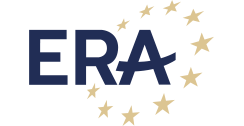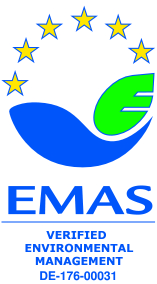The European Evidence Warrant
The Acquisition and Admissibility of Foreign Evidence
|
Dublin, 9 October 2009 – 10 October 2009 |
|
|
Language: |
|
|---|---|
|
Event number: |
309DP90 |
 |
|
|
Area of law: |
|
|---|
Following the European Arrest Warrant, a second major EU instrument for mutual recognition was adopted in December 2008: the European Evidence Warrant (EEW). The first step to simplify and accelerate the process of gathering foreign evidence in the EU occurred in 2003 with the introduction of the Framework Decision on the execution of orders freezing property or evidence. Whereas under the Framework Decision the transfer of evidence occurs under mutual assistance procedures, the EEW will apply the principle of mutual recognition. This means a judicial decision to obtain objects, documents and data for use in criminal proceedings issued by a competent authority in one Member State will be directly recognised and enforced by a competent authority in another Member State.
EU Member States are now required to implement the warrant in national law. The problems and questions arising will be presented and discussed in the form of presentations, panel discussions and case scenarios by leading EU and national experts at this conference: What will the national implementation solutions be? To what extent can they differ between Member States? What materials may actually be sought under an EEW? Which authorities will be competent to issue and execute an EEW? What are the roles for Eurojust and the EJN? What safeguards exist? Will the defence also have the right to seek and obtain an EEW?
The conference will also consider the second stage proposal planned to cover evidence currently excluded from the EEW.
EU Member States are now required to implement the warrant in national law. The problems and questions arising will be presented and discussed in the form of presentations, panel discussions and case scenarios by leading EU and national experts at this conference: What will the national implementation solutions be? To what extent can they differ between Member States? What materials may actually be sought under an EEW? Which authorities will be competent to issue and execute an EEW? What are the roles for Eurojust and the EJN? What safeguards exist? Will the defence also have the right to seek and obtain an EEW?
The conference will also consider the second stage proposal planned to cover evidence currently excluded from the EEW.

Programme

Important note
Participation in this conference can contribute to your continuing professional education.

Conference Organiser





